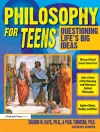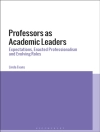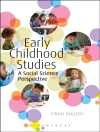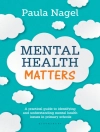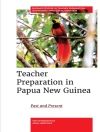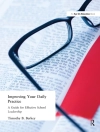Who are we with—and without—families? How do we relate as children to our parents, as parents to our children? How are parent-child relationships—and familial relationships in general—made and (not) maintained? Informed by narrative, performance studies, poststructuralism, critical theory, and queer theory, contributors to this collection use autoethnography—a method that uses the personal to examine the cultural—to interrogate these questions. The essays write about/around issues of interpersonal distance and closeness, gratitude and disdain, courage and fear, doubt and certainty, openness and secrecy, remembering and forgetting, accountability and forgiveness, life and death. Throughout, family relationships are framed as relationships that inspire and inform, bind and scar—relationships replete with presence and absence, love and loss. An essential text for anyone interested in autoethnography, personal narrative, identity, relationships, and family communication.
Tabella dei contenuti
Acknowledgments; Introduction; Fatherly Love; Always Strange: Transforming Loss; On Gratitude, for My Father; Confessions of a Feminist Mother Raising a Preteen Daughter; Roses and Grime: Tattoos, Texts, and Failure; What’s in a Name? Secrets, Haunting, and Family Ties; From Absence to Presence: Finding Mother, Ever Again; Corporeal Kinship: Dancing the Entanglements of Love and Loss; Ghost-Child; Living Places; My Daddy is Slick, Brown, and Cool Like Ice Water; The Ghostwriter: Living a Father’s Unfinished Narrative; Going Home; Dying in the Care of the NHS: Fragments from a Daughter’s Love Song for Her Father; Temporary Blindness; Bedtime Stories; After Dinners, in the Garage, Out of Doors, and Climbing on Rocks:Writing Aesthetic Moments of Father-Son; Ties that Bind, Ties that Scar;


